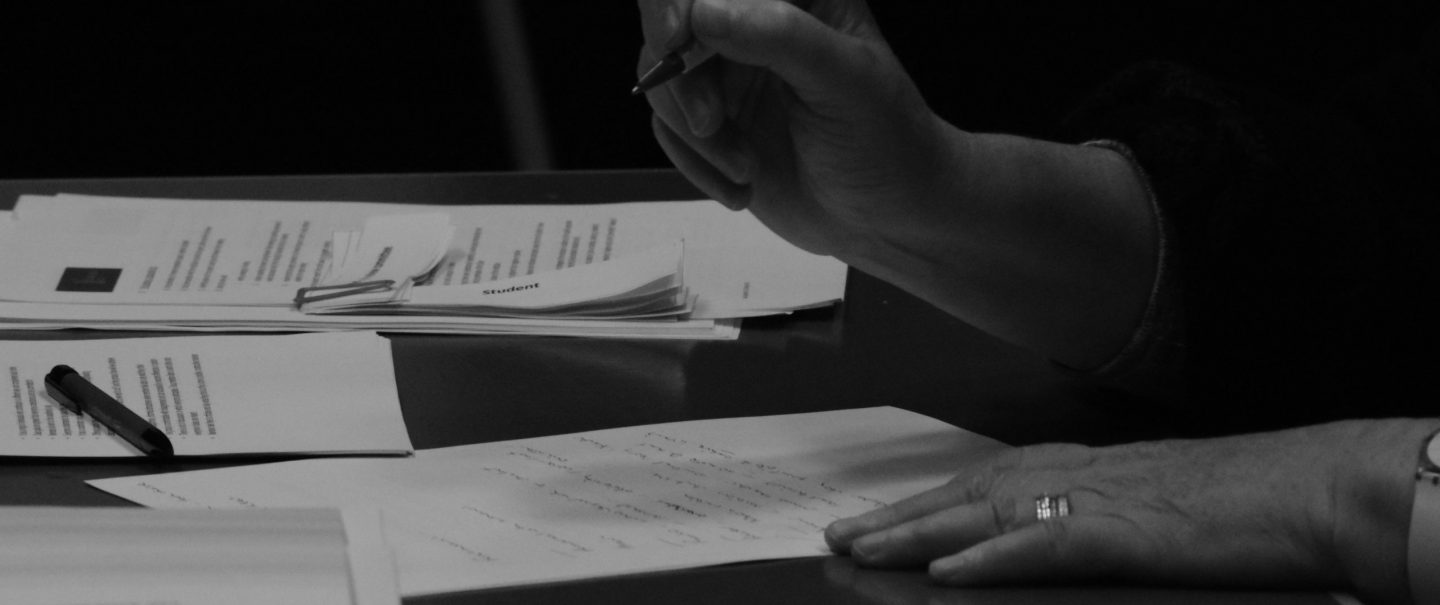Complaints and Appeals
Institutions are encouraged to offer feedback on the quality of the services provided by MusiQuE in several phases of an ongoing procedure – i.e. through surveys after the completion of the site visit, and upon the receipt of the final review report. In addition, in all MusiQuE review procedures institutions are enabled to correct any factual inaccuracies in the review report before its final endorsement by the MusiQuE Board. All these considered, the provision of appropriate opportunities to contest the outcome of a review is an important feature of any quality assurance procedure. Therefore, MusiQuE has procedures in place for dealing with complaints and appeals relating to all services it provides.
- Complaints
An institution may submit a complaint when it considers that the service provided by MusiQuE has not been delivered in line with the MusiQuE Guidelines applicable for the procedure, and/or with the MusiQuE Code of Conduct for Peer Reviewers. A complaint may therefore concern a perceived procedural failure, or may relate to the conduct of one or more peer reviewers involved in the process.
Challenges regarding the outcome of a review, outside those mentioned above, are handled through the appeals process.
Complaints are submitted to the MusiQuE Office and are considered by the MusiQuE Board. In exceptional situations, complaints may be referred to MusiQuE’s Complaints and Appeals Committee.
- Appeals:
Appeals may be submitted when it is considered that the statements in the review report constitute a flagrant misjudgement and all other means of obtaining what is considered a just outcome have been exhausted. The correction of factual errors is handled during the review procedure, before the report is deemed final, or can otherwise constitute the object of a complaint process (see above). The appeal represents an action of last resort for addressing the quality judgements expressed in the review report.
Appeals are submitted to the MusiQuE Office and are considered by MusiQuE’s Complaints and Appeals Committee.







